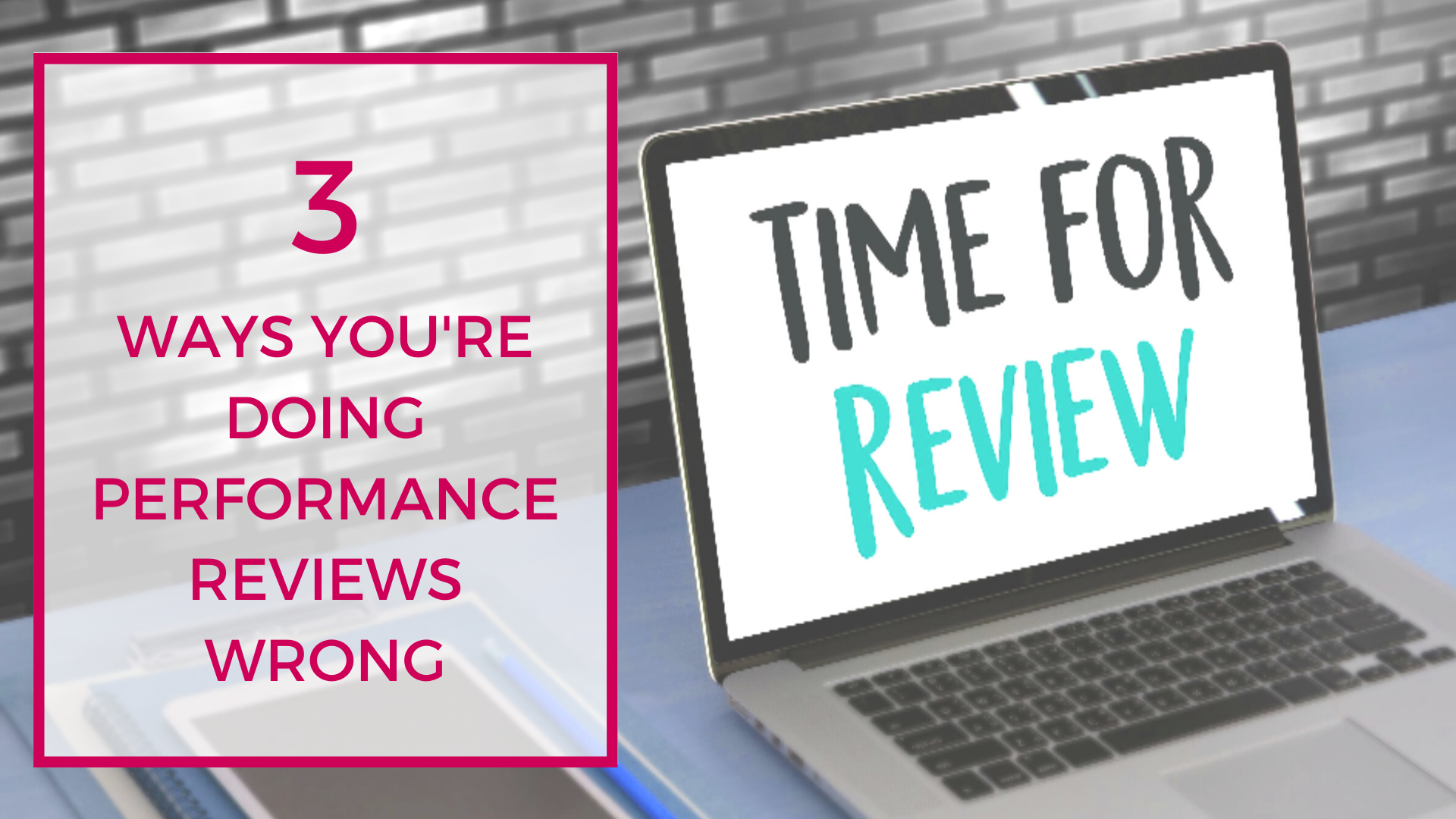 It’s no secret that performance reviews are a point of contention in the HR community. There are many HR professionals and organizational leaders who want to purge them entirely and there are others that rely heavily on the performance review and would never get rid of them. Then somewhere in the middle are the HR leaders who see them as a necessary evil and a box to check off.
It’s no secret that performance reviews are a point of contention in the HR community. There are many HR professionals and organizational leaders who want to purge them entirely and there are others that rely heavily on the performance review and would never get rid of them. Then somewhere in the middle are the HR leaders who see them as a necessary evil and a box to check off.
We want to change those perceptions because performance reviews shouldn’t feel like you’re in a Dilbert cartoon.
The way we see it at Willory, the biggest problem with performance reviews is not that they exist, but that they’re being done utterly wrong in three main areas: timing, delivery, and actionability. We believe that performance reviews – which probably could use a rebrand – are an integral part of the talent management process.
Talent management, per our preferred definition, “is a constant process that involves attracting and retaining high-quality employees, developing their skills, and continuously motivating them to improve their performance.” Performance reviews need to be more habitual and hold everyone more accountable.
-
Timing
The single most common mistake with performance reviews is that they’re only completed on an annual basis as something that upper-management dictates needs to happen. Often, it doesn’t truly reflect the entire year of the employee’s performance. A year is simply too long of a period for everyone to remember. What do you remember about your performance from a year ago? Our recommendation is to review performance on a more regular cadence – we believe monthly is more successful but understand that quarterly can be the right choice for some organizations.
Are you rushing your performance reviews just to ensure they get done? Or, are you throwing them on the calendar at the end of the day and not scheduling enough time? Rushing performance reviews can be a significant detriment to the following two areas. It’s stressful and frustrating to everyone when someone doesn’t dedicate the proper amount of time to completing this vital task…especially if you tie performance reviews to compensation.
Finally, when it comes to timing, are you being responsive to the deadlines set? An annual performance review nine months late doesn’t help anyone.
ACTION ITEMS:
- Test and evaluate monthly or quarterly performance review cadences
- Put your reviews on the calendar, then double the anticipated amount of time. You might end up with an unexpected hour, but you’re also not cutting meaningful conversations short
-
Delivery
Managers should be trained on how to have conversations around performance reviews that are both emotionally intelligent and address the issues that might be present. For these conversations, we practice the principles in the Crucial Conversations book series. These principles include setting expectations for the conversation, roleplaying if the topic has the potential to be controversial, and holding people accountable.
When delivering performance reviews, you should set aside ample time to prepare. Not only should you know what the employee wrote/indicated on their review before the scheduled time, but also prepare for likely conversations that could happen.
Also, a performance review is not typically the best time to bring up a performance issue for the first time. If you are anticipating a tough conversation based upon a negative performance review, try not to take the employee by surprise. The chances are that this isn’t going to create a beneficial dialogue.
ACTION ITEMS:
- Practice with managers how to deliver performance reviews
- Observe managers on delivering performance reviews
- Set aside the appropriate time to read the performance review and prepare for tough conversations
-
Actionability
When an employee leaves your performance reviews, do they know exactly what they need to improve/keep up the good work? Or do they go with the sense of being unsure what to do next? A performance review without takeaways or action items is checking a box, not improving the employee/organization relationship. This doesn’t help with talent management strategy, instead it creates busywork. Which is the exact opposite of what we want when it comes to performance reviews.
ACTION ITEMS:
- Prepare actionable takeaways ahead of time-based upon reviewing the performance review
- Select one person to “trap” the action items
- Review the items, set deadlines, and add those deadlines to both calendars to check in on updates
A note on HCM systems and performance management:
One of the other issues we see with performance reviews is relying too heavily on your HCM system. As consultants in the HR technology space, we know how powerful these systems can be and how they can be a tool in your talent management strategy belt. That being said, having a robust system isn’t the only part of a talent management strategy. Your talent management strategy needs to include structure, development plans, constructive feedback, succession planning, and more. Don’t forget your system needs to be optimized, and often additional modules activated, in order to help with performance reviews.
What do you think? Should performance reviews go the way of objectives on resumes or should they be revamped to be a deliberate part of your talent management strategy? HR and payroll should be strategic partners to both the organization and employees. If they’re not, then it might be time to assess what you’re doing to retain the best talent and coach (up or out) employees not best serving the organization.
Recently Posted
Tag Cloud
Office

OH 44210
Connected:
Quick Links
For Employers
For Candidates
Your Source For HR & Payroll News
- Privacy Policy
- Terms & Conditions
- Site Map



